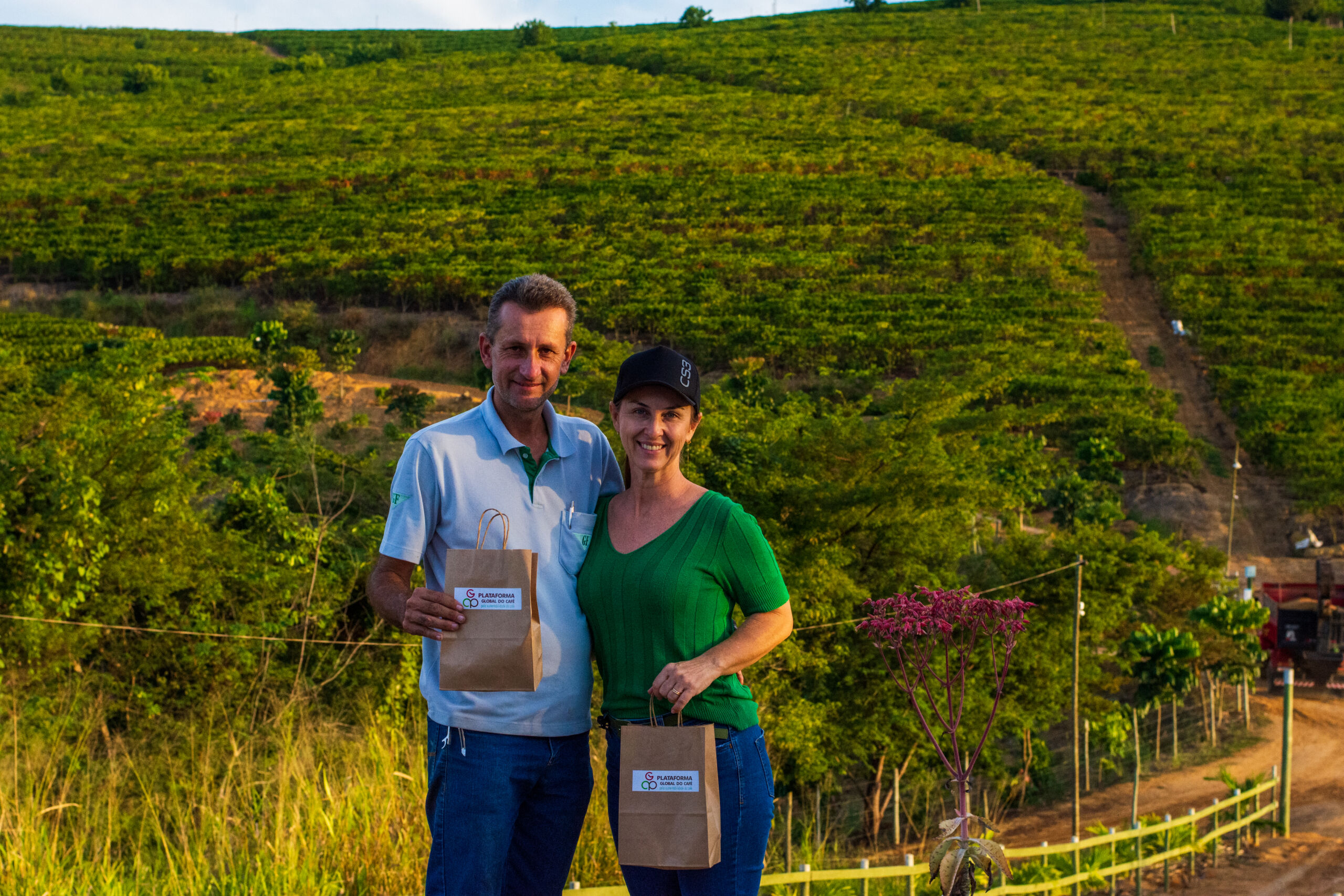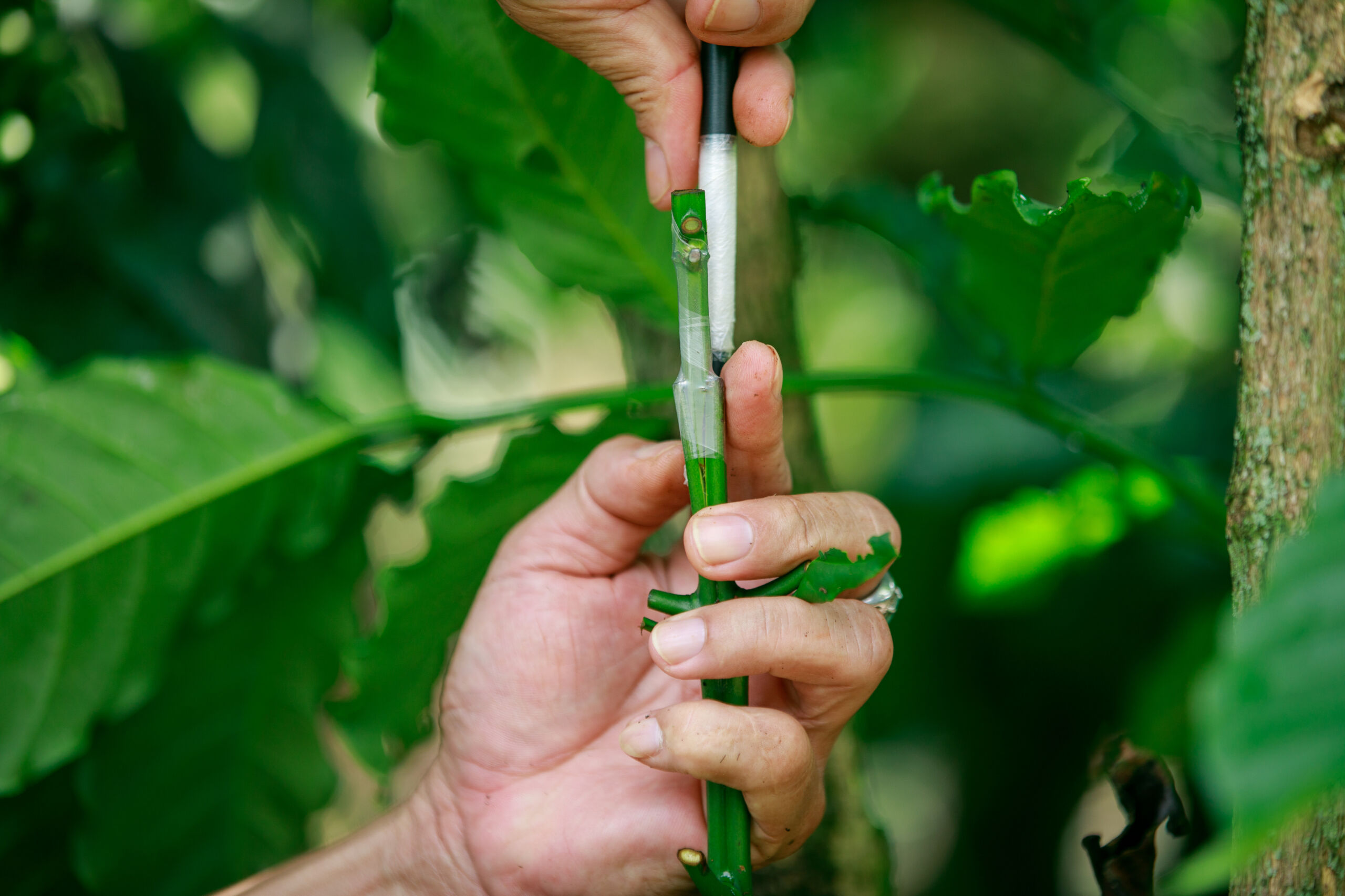The response to the Call to Action has been very well received, activating a number of stakeholders to get involved and contribute – especially from those who were at the World of Coffee in Berlin, the 4C Global Sustainability Conference, and the ICO-EC-ECF Sector Dialogue in Brussels in 2019. Since the launch of the Call to Action, GCP’s action network of over 130 global members, strategic funding partners, and National Coffee Sustainability Platforms has been working on several of the items above to improve the business environment for sustainable and profitable coffee production.
Through National Coffee Sustainability Curricula, digital tools with harmonized metrics to measure sustainability, and GCP Collective Action Initiatives we are increasing investments, efficiencies and local ownership to eliminate sustainability gaps and inspire progress towards Sustainable Coffee Regions. GCP advances local action for global results in 9 countries representing 70% of global production.
GCP’s Call to Action was signed by the GCP Board of Directors and Executive Director on 6 June, 2019:
- Carlos Brando – Chair of Board
- Juan Antonio Rivas – Vice Chair of Board (Olam)
- Marcelo Burity (Nestlé)
- Dan Martz (JDE)
- Shannon Higgins (Mother Parkers Tea & Coffee)
- Trishul Mandana (Volcafe)
- Silvia Pizzol (National Coffee Council Brazil – CNC)
- Juan Esteban Orduz (Colombian Coffee Growers Federation – FNC)
- Joseph Kimemia (African Fine Coffees Association – AFCA)
- Han de Groot (Rainforest Alliance)
- Herbert Lust (Conservation International)
- John Schluter (Café Africa)
- Jenny Kwan (Sustainable Trade Initiative – IDH)
- Annette Pensel – GCP Executive Director
[i] Currently, sustainable coffee is understood to include every scheme that has been recognized for GCP Reporting: 4C, Certifica Minas, Fairtrade, Rainforest/UTZ, C.A.F.E Practices and Nespresso AAA. Additional sustainability schemes are foreseen to be recognized.
[ii] A check-off program collects funds from a small value added to the price of a product and uses these funds to do research, expand markets, increase demand or for other generic initiatives related to the product.








